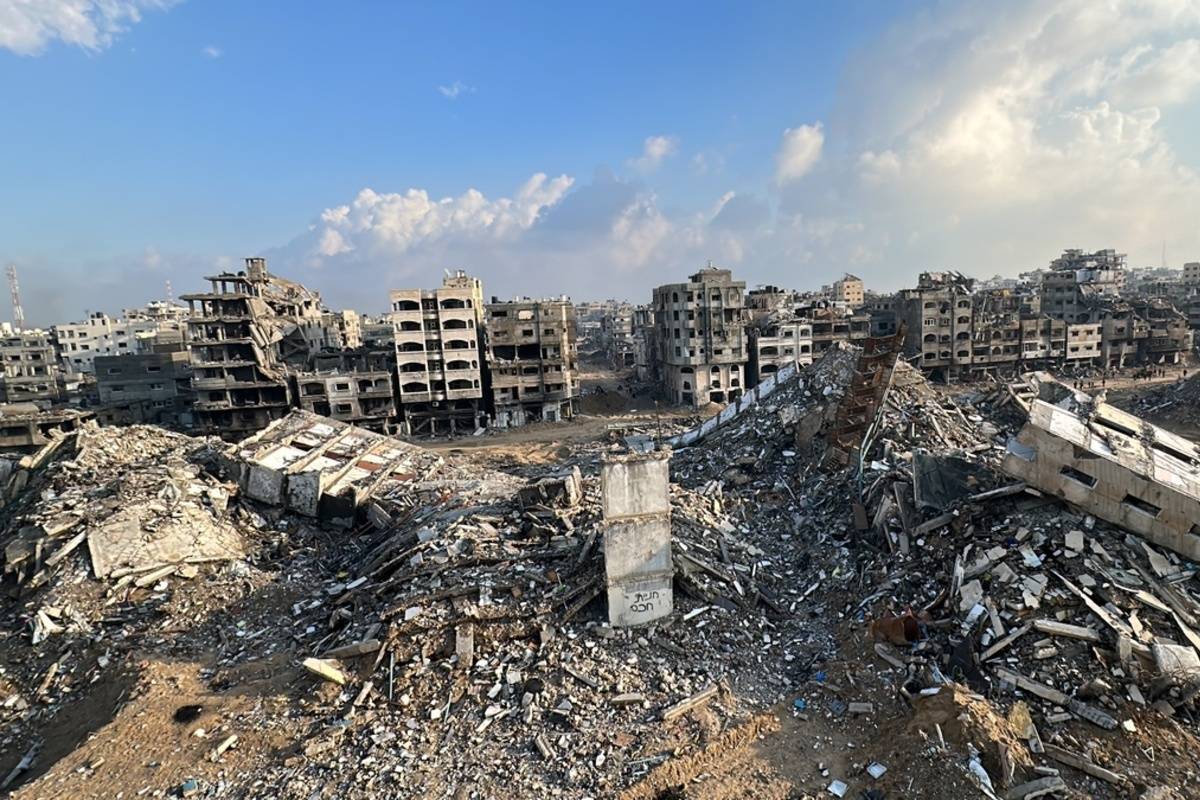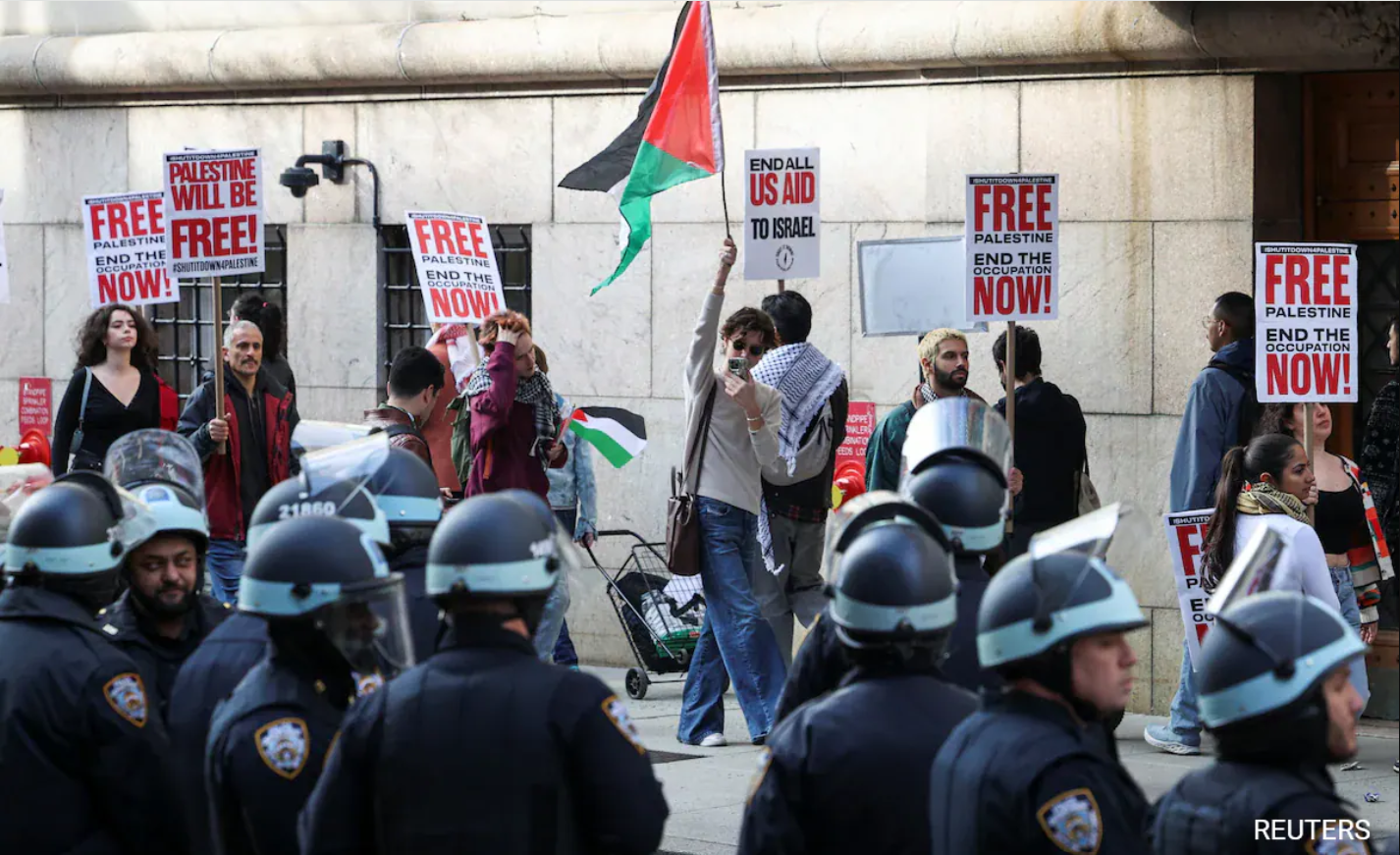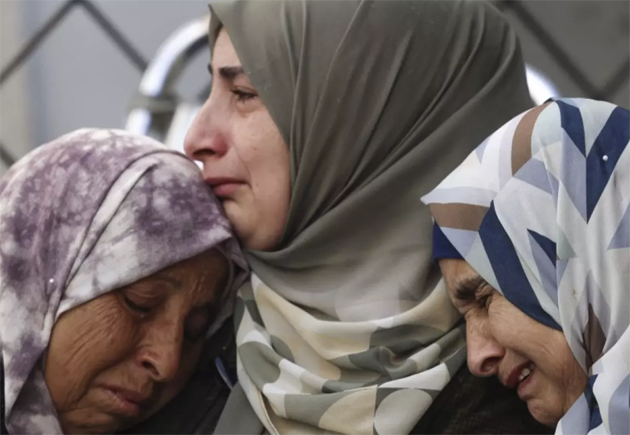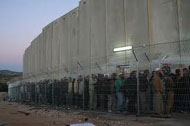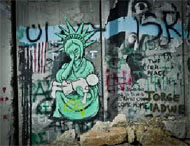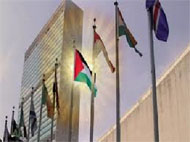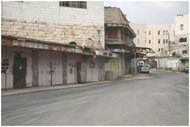
We all sat back in our seats, listening to the young man in front of us speaking through a microphone. It’s a large group of internationals and he is an Israeli ex-soldier who served in Hebron and is now a member of “Breaking the Silence”. Breaking the Silence is an organization of ex-soldiers who were stationed in the Palestinian territories who have stepped forward to tell their stories and expose the brutality with which the occupation and the soldiers as agents of the occupation treat Palestinians. And that day, we were heading to the Palestinian city of Hebron.
Located in the southern West Bank, Hebron is the largest city in the West Bank. Before expansion of Jewish settlements from 1968 onwards, the Ibrahim mosque massacre of 1994 where a Jewish settler gunned down 29 Muslim worshippers, and the outbreak of the second intifada, Hebron was the jewel of Palestine. But now, Hebron is a “ghost town”, a city abandoned by 77% of its businesses and 42% of its Palestinian residents.
What makes the 800 settlers of Hebron unique from other settlers in the West Bank is that they are right in the center of the old city, in the market area. Settlers occupy 3% of Hebron, which if one disregards the fact that settlements of any kind or magnitude is a breach of international law, may not seem significant. However, this 3% is 3% of the heart of city, in the market - the most essential aspect of the daily lives of Palestinians there. Further, mainly after the second intifada, the Israeli army made certain roads inaccessible to Palestinians and shut down shopping streets and stores designating them as “closed military zones” to “protect” settlers, while settler violence against Palestinians continued the rise.
Explaining the history of settlements, the Israeli government’s support to the settlers and the overall military strategy of the occupation in Hebron, our guide who was stationed in Hebron for six months shared his experiences with us. Of all the things he told us about the training and the psyche of the soldier, there was one thing that he kept referring to that is probably the best summary of what the occupation is about: “making the presence of the army felt.”
The multiple checkpoints every few meters, the constant patrolling in and around Palestinian cities, the random detentions of Palestinians, the restrictions of movement, closure of houses, business and roads are often justified as “security measures” by Israel. But in reality these measures are far beyond maintaining the ‘security’ of Israel. It’s about limiting mobility, restricting access to places of importance, making yourself visible with your heavy army gear and weapons, giving orders here and there, detaining civilians for however long you want to, terrorizing and raiding their homes in the middle of the night and “gracing” them with your omnipresence: making your presence felt every minute of every day.
The occupation is not only physical. There’s also the psychological aspect of the occupation which is mainly based on the terrorization of civilians. For example, house raids. As real as these night raids are to the Palestinians, they are often mere “mock raids – a practical training to the soldiers. “A mock raid” our guide said, “is something that is part of our training. If you have a new unit, how do you teach them how a real arrest will look like – you do a “mock arrest”. You go to a Palestinian house at 1:00 am or so and then you wake everyone up, take them to one single room, make a search, take them out and take their pictures and then leave. By doing this, you train the soldiers on how they will do it if they have to arrest someone they have intelligence information on”.
A 19-year old Palestinian girl we talked to at a youth center added flesh to his story when she told us that her house has been raided three times; the first time “the soldiers came in the middle of the night, searched the house and played soccer with my brothers before they left”. Obviously the reason for the search had nothing to do with security!
I know this is not the great military strategy of the Israeli army revealed and there have been multiple wars, massacres, incidents and events in the past and present that scrutinized the “morality” of the Israeli army let alone its self-proclaimed title of “most moral army in the world”. But I wonder for how long a policy of state terrorism and systematic human rights violations will be tolerated and the transformation of civilian homes into simulation grounds is acceptable in a country that calls itself “democratic” and an international community that deems itself “civilized”.
Melkam Lidet is a Writer for the Media and Information Department at the Palestinian Initiative for the Promotion of Global Dialogue and Democracy (MIFTAH). She can be contacted at mid@miftah.org.




